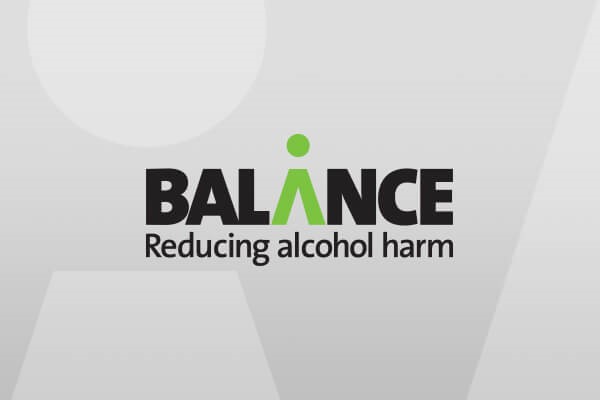North East parents back alcohol advertising ban
Two thirds of north easterners would support a ban on alcohol advertising before 9pm, according to research conducted by Balance, the North East Alcohol Office.
More than 1,000 adults across the region were asked their opinion on a range of alcohol related issues. In addition to resounding support for a watershed ban, almost half believe alcohol advertising targets under 18s.
And it would appear that parents’ concerns are well founded as evidence gathered by Newcastle University’s public health experts suggests that alcohol advertising does influence the region’s children and young people when it comes to making decisions around drinking.
The findings have been released during Alcohol Awareness Week (AAW) 2010 (Monday, October 18-24) which aims to raise awareness of young people’s alcohol use and the impact of parental drinking on children.
Colin Shevills, Director of Balance, said: “These figures clearly show that the effect of alcohol advertising on children and young people is of concern to parents and other adults across the region.
“A recent report by the British Medical Association stated that alcohol advertising and sponsorship affects the onset of drinking amongst young people as well as encouraging increased consumption. It also highlights the fact that the rest of Europe has much tighter regulations when it comes to alcohol advertising.
“The Government cannot hope to compete with the £800m annual marketing spend of the alcohol industry, particularly in the current financial situation. Regulation must be used to address both the content and volume of alcohol advertising.”
Stephanie O’Neil, public health researcher at Newcastle University, has been investigating the impact of alcohol advertising on children and young people in the north east. She has interviewed 14 to 17-year-olds and is in the process of compiling a report.
She said: “I’ve been looking at the impact of alcohol price and marketing, as well as that of intrinsic influences, such as peers and parents, on young people’s drinking behaviour. In particular, I have been exploring whether alcohol advertising creates an environment where drinking is seen as normal.
"Young people interviewed in this piece of research were not explicitly conscious of advertising having a direct effect on their behaviour but then describe many instances where there are indirect effects. Also, young people tend to assume that advertising meant TV adverts and did not recognise other newer forms of media as having a promotional intent.”
In the run up to AAW, Balance has been working alongside BALTIC Centre for Contemporary Art and children between the ages of 9 and 11-years-old at Burnside Business and Enterprise College in Wallsend and Joseph Swan in Gateshead.
Artist Paul Merrick worked with the children earlier this month to identify levels of awareness around alcohol advertising and branding, as well as discussing attitudes towards and behaviour around alcohol. The children were encouraged to produce artworks based on their knowledge.
Paul has developed this work into a large scale piece and will be working with children from both schools to create a piece of action art marking AAW at BALTIC on Monday, October 18.
National charity Alcohol Concern will tomorrow (Tuesday, October 19) launch a report into alcohol marketing, with new statistics on the numbers of children affected. It reveals that more than a million children across the UK were subjected to alcohol advertising during England games at the World Cup in June this year. The report calls for a radical shake up of the advertising rules.
